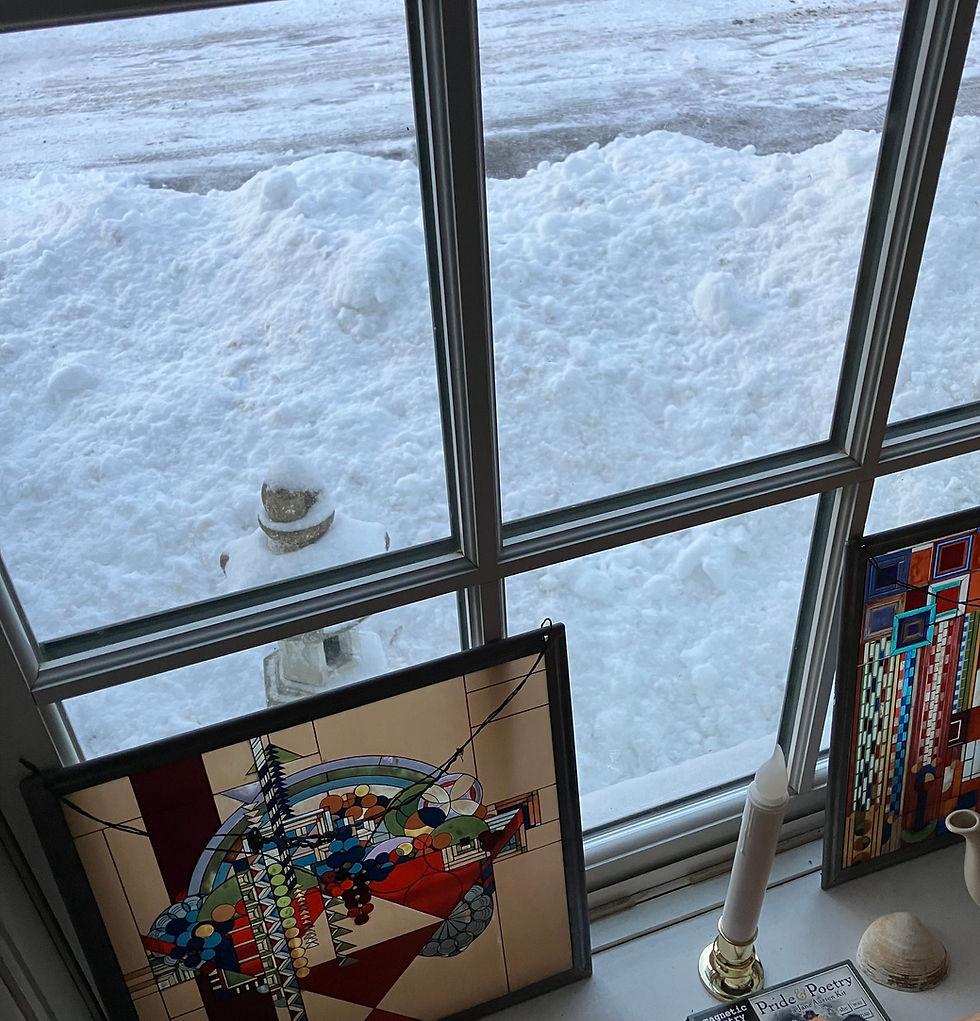Morbid Curiosity
- Katherine Reese Kusza

- Oct 30, 2022
- 2 min read
I am curious about the Elite politicians pushing human composting as a way to save the planet.
Is there something coming we plebs should know about?
Asking for a friend.
As a nurse (yes, I am finally working again), I see plenty of patients with health problems related to lifestyle, occupation and bad luck. I also see adverse outcomes from certain medications. I can assess, document what I observe and what is reported to me and then refer patients to the next level of care for evaluation of their signs and symptoms.
I may certainly encourage them to adopt more healthy behaviors such as eating a variety of wholesome foods, drinking enough water, moving their bodies to the best of their abilities to improve circulation and cardiovascular health, refraining from the use of certain mind-altering substances, practicing "safer" sex and trying to limit exposures to toxins.
It is a difficult thing to do these days. The holistic approach to health and wellness is viewed as quackery now more than ever.
I was trained to look at the whole person. Although we don't diagnose the way physicians do, nursing involves evaluating "the human response to health conditions".
I have to work at this.
As a "fixer" by temperament, my brain is wired to identify a problem and eliminate it or, at least, try to mitigate it.
This approach can be effective if you are just cleaning the countertops or putting out fires (literally or figuratively) or knocking someone out with drugs so a doctor can set a broken arm in the emergency room.
It doesn't work so well in more complex situations. Sometimes there isn't a quick fix or an easy answer. You can clean a wound and put a bandage on it and, if you are lucky, the person won't need stitches and won't end up with an infection. However, a patient may take longer to heal than expected and, more often than not, the patient also has wounds that are invisible.
But it doesn't take much to put two and two together when young, healthy people "die suddenly". You don't have to be an expert to observe the exacerbation of pre-existing conditions or the new onset of hypertension, autoimmune disorders, dementia, aggressive cancers, heart and clotting problems, mobility issues, bone necrosis, miscarriage and respiratory infection after respiratory infection in the "up to date".
Pfizer, et. al. have plenty of drugs to treat the symptoms. They are also eager to repurpose and remarket other failed therapeutics to the general public.
I don't know how they will monetize "sudden death", but I am sure they will find a way.
As the evidence piles up that these agents are not delivering as promised, the medical establishment keeps going hard for them. Why?
It is as if they have lost all curiosity.
I hope they rediscover it before we really need human composting to keep up with the bodies.

Photo credit. D. Reese



Comments